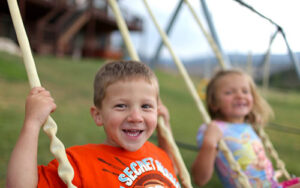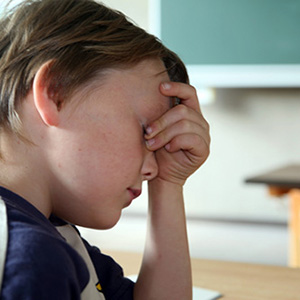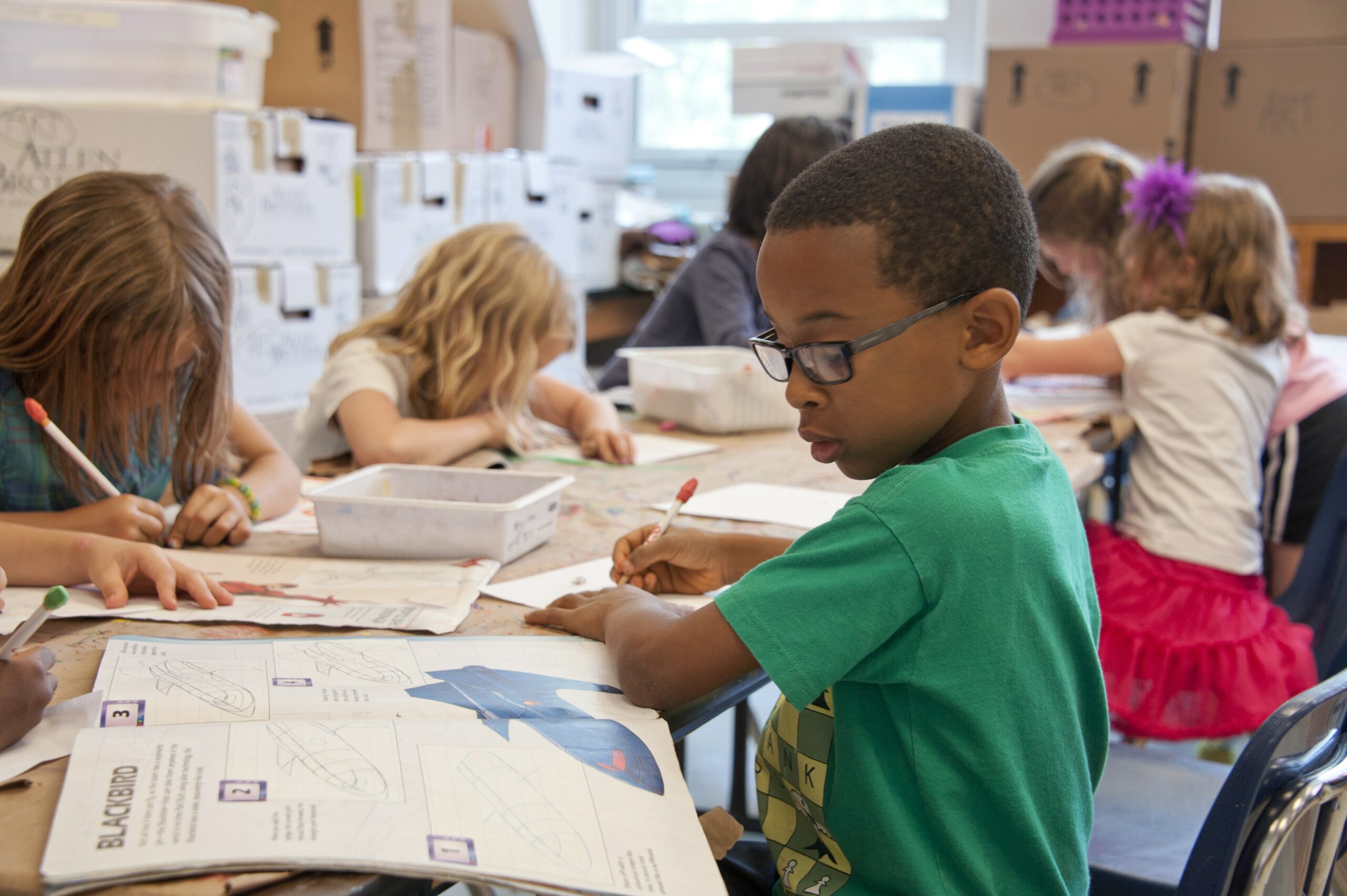
Blog
How to Help Your Child Cope With a Divorce
Navigating a divorce is no easy venture, especially if children are involved in the mix. If you’re stressed out or visibly affected by any major

Navigating a divorce is no easy venture, especially if children are involved in the mix. If you’re stressed out or visibly affected by any major




Join our community to get the latest tips, exclusive offers, and updates straight to your inbox. Don’t miss out—subscribe now and be the first to know!